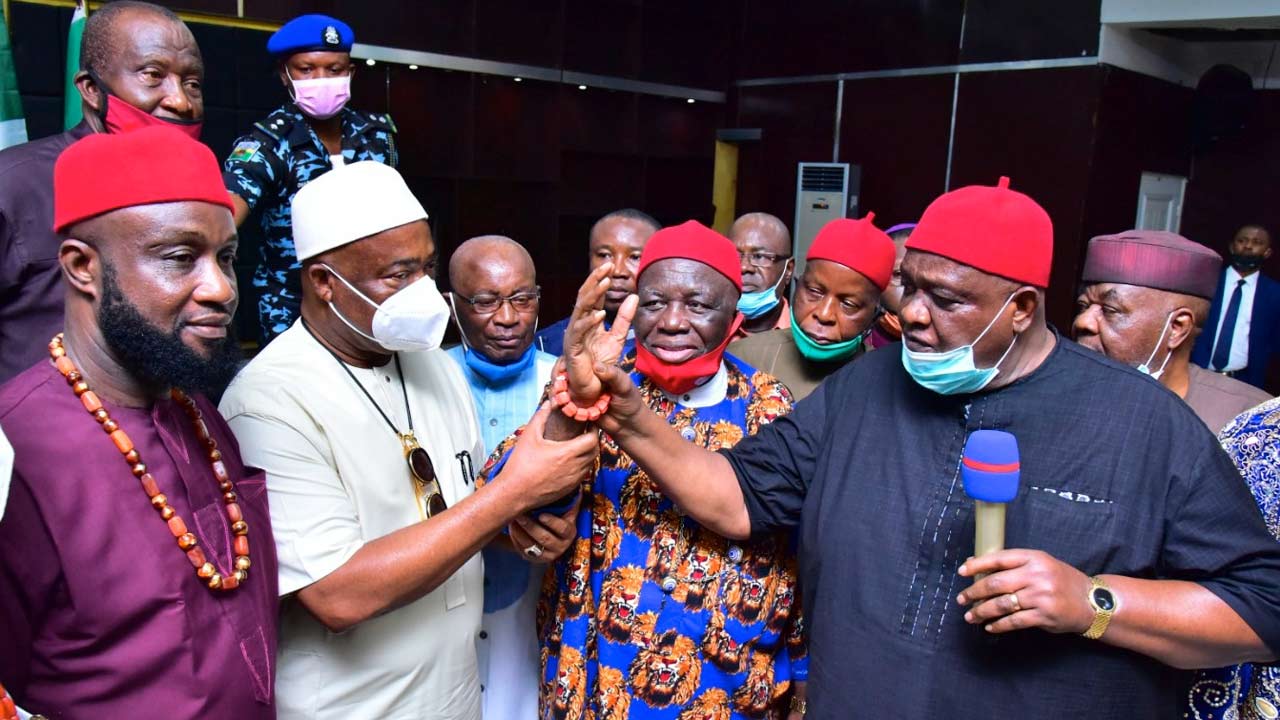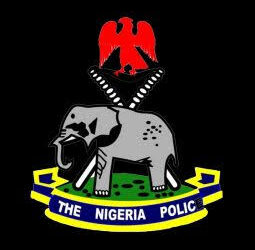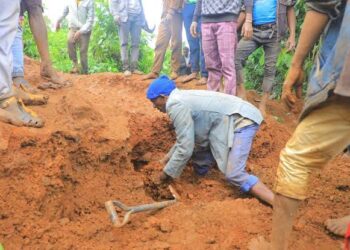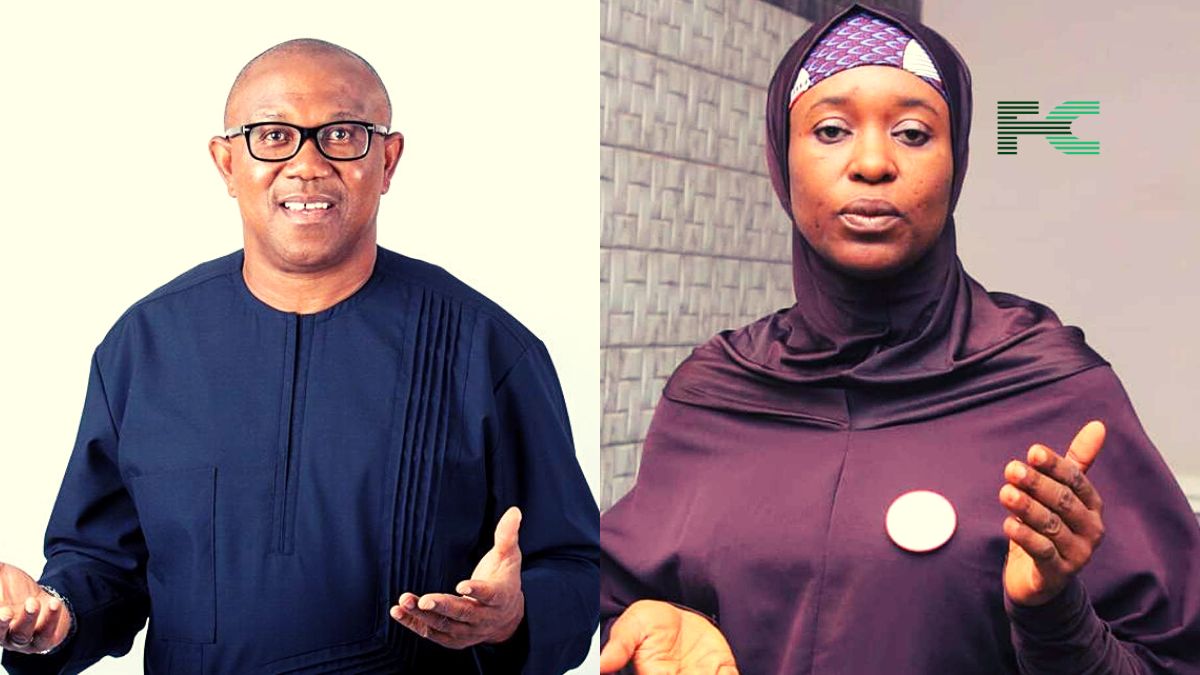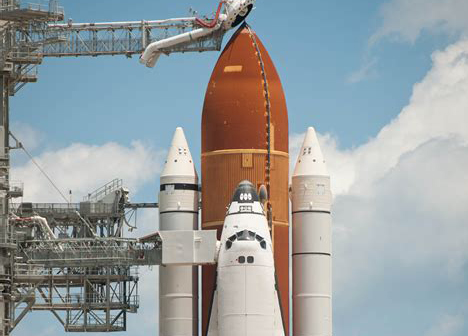Arguably, the Igbos are the most industrious ethnic group in Nigeria and the third in population behind the Yorubas and the Hausas. The first and the last Igbo president in Nigeria who led the country between 1963-1966 is Dr. Benjamin Nnamdi Azikwe.
For ages, the Igbos have been side-lined from taking the mantle of the most top leadership in Nigeria. Since 1960, the Hausas or northerners have dominated the presidency and the major political apparatus of the country.
From Abubabakar Tafawa Balewa as the first Prime Minister when Nigeria was practising a parliamentary government, to the incumbent President Muhammadu Buhari, the north has so far led the 61-year-old Nigeria since independence for 44 years.
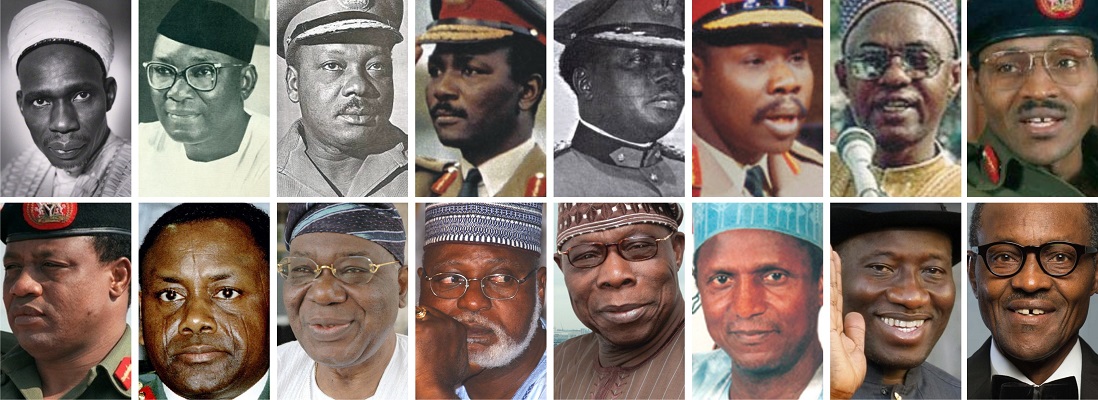
On the other hand, the Yorubas have led for 9 years and the Igbos, 3 years. The remaining 5 years accidentally went to the South-South in President Goodluck Jonathan who became president in 2010 after the demise of his boss, Shehu Musa Yar’adua – a northerner.
After the experience of the first coup led by Chukwuma Kaduna Nzeogwu and Emmanuel Ifeajuna which forced Major General Agunyi Irosi to take over power, and the secessionist state of Biafra led by Lt. Colonel Odumegwu Ojukwu that resulted in the deadly and unfortunate civil war between 6 Jul 1967 – 15 Jan 1970, mantle of leadership has continued to elude the Igbos.

It is however safe to say that the Igbos also appear to be shooting selves in the foot with the Nnamdi Kanu-led agitation for BIAFRA through the proscribed Indigenous People of Biafra (IPOB) movement. Although, you cannot take away the fact that the Igbos have the right to demand their independence from Nigeria, so do other regions but Nnamdi’s approach does not commensurate with the Igbos aspiration to have their own country, BIAFRA. From another perspective, one is tempted to think: What would you have the Igbos do?

With 44 years in power both as military heads of state and democratically elected presidents and counting, the north does not want to relinquish power that should belong to a country of over 250 ethnic groups and 500 languages.
In a recent meeting, Elders Council of Ohanaeze Ndigbo resolved to ensure Ndigbo (the Igbos) produces the next president of Nigeria in 2023.
Professor George Obiozor who leads the Ohanaeze Ndigbo Worldwide, gave the directive that a close consultation with Igbo socio-cultural and political elite should commence with a view to ensure that the presidency does not elude Igboland.
In line with a communiqué made public at the end of the meeting in Owerri, Imo State last weekend, the elders Council condemned the method adopted by some partisan leaders that zoning should be de-emphasised insisting that even if that would be done, “it will be after Ndigbo have taken their turn.”
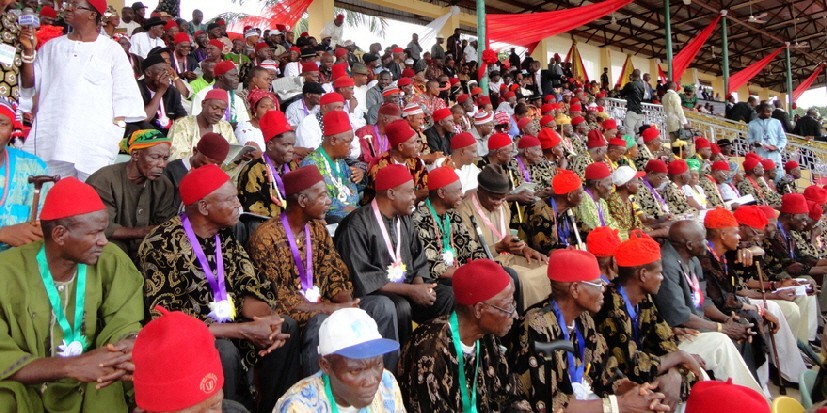
Since Nigeria’s return to democracy in 1999, a zoning formular was recommended that presidency should be rotated across the different zones in the country. This is the position of the Ndigbo, and rightly so. The North has had its humongous and unfair share, South West too has tasted some, the South East also deserves to lead the country.
With the look of things, there are feelers that at the expiration of the Buhari’s administration in 2023, his successor may be from the South West, a Yoruba.
The narratives that because the Igbos planned a coup d’état which led to the death of a northerner and Nigeria’s first and only prime minister, took arms against the country in the bloody civil war that plundered and ended millions of innocent lives (mostly the Igbos) is a reason for leaving the Igbos out of the presidency, holds no water.
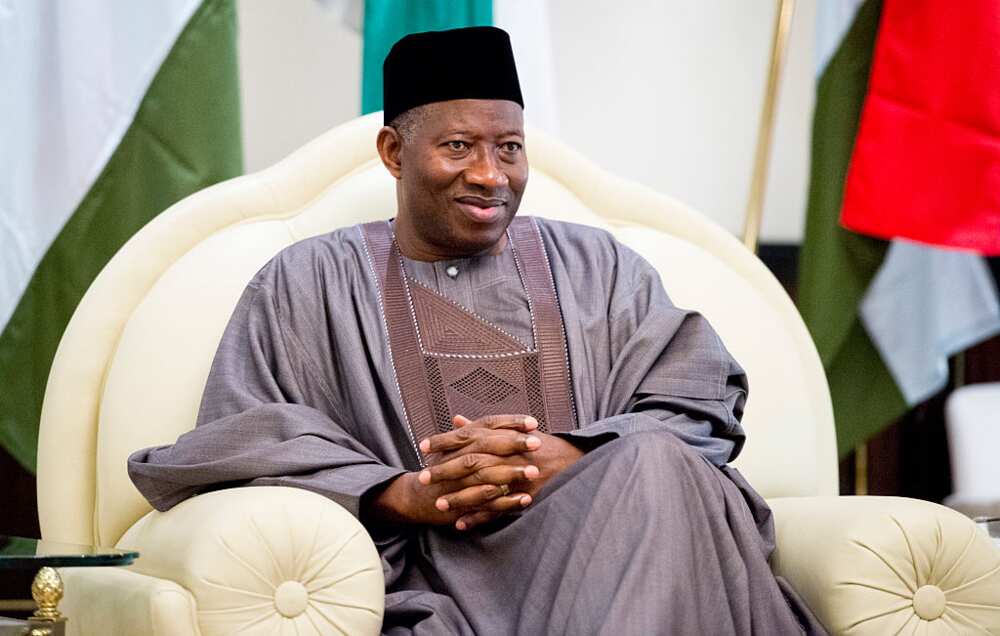
The Niger Deltans took arms against the country too and there were pockets of secession threats, that did not stop a Niger Deltan from leading the country. All the coups in the history of Nigeria except one, was led by Northerners
Although, leadership quality does not depend on tribe, and Nigeria does not have a good structure that can aid progress, whereas an Igbo man/woman should be president in 2023.

